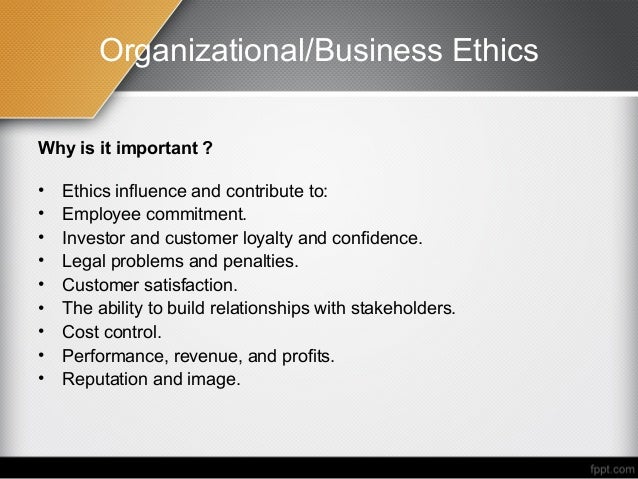What Is Business Ethics And Why Is It Important

Business ethics, often viewed as a soft skill, is now a critical factor determining long-term success and sustainability for organizations worldwide. Ignoring ethical considerations can lead to devastating consequences, impacting reputation, profitability, and even survival.
This article explores the core of business ethics: what it encompasses, why it matters urgently, and how businesses can integrate it into their operations. Ethical conduct is no longer a choice; it's a necessity.
What Exactly is Business Ethics?
Business ethics comprises the moral principles and standards that guide a company's behavior. It goes beyond legal compliance, encompassing a commitment to fairness, honesty, and respect in all interactions.
It involves considering the impact of business decisions on all stakeholders: employees, customers, suppliers, communities, and the environment. Ethical dilemmas arise when these interests conflict, requiring careful evaluation and principled decision-making.
Key Areas Covered by Business Ethics
Several key areas are consistently highlighted when discussing business ethics. These include corporate social responsibility, fair trade practices, environmental sustainability, and ethical marketing and advertising.
Corporate governance, transparency in financial reporting, and preventing corruption are also crucial components. Upholding these principles builds trust and fosters a positive reputation.
The Critical Importance of Business Ethics
The importance of ethical conduct is multifaceted. Consumer trust is directly linked to a company's perceived ethical behavior.
Studies show that consumers are more likely to support businesses they believe are ethical, even if it means paying a premium. Damage to reputation from ethical lapses can take years to repair, if ever.
Employee engagement and retention are also profoundly affected. Employees want to work for companies with strong ethical values, contributing to a positive and productive work environment.
According to a recent survey, 79% of employees said they would leave a company if they witnessed unethical behavior. Ignoring ethical considerations can lead to a loss of valuable talent and increased turnover costs.
Investors increasingly prioritize ethical considerations when making investment decisions. Socially responsible investing (SRI) is on the rise, with investors seeking companies that align with their values.
Companies with strong ethical records are often seen as less risky and more sustainable in the long run. This attracts investment and enhances shareholder value.
Examples of Ethical Failures and Their Consequences
The consequences of unethical behavior can be devastating. The Enron scandal serves as a stark reminder of the impact of fraudulent accounting practices.
Volkswagen's emission scandal demonstrates the repercussions of prioritizing profits over ethical and environmental responsibilities. These examples resulted in significant financial losses, reputational damage, and legal penalties.
Integrating Ethics into Business Practices
To effectively integrate ethics into business practices, companies must establish a clear code of conduct. This should outline the company's values and expectations for employee behavior.
Regular training programs are crucial to educate employees about ethical principles and how to navigate ethical dilemmas. A culture of open communication and reporting is also essential.
Companies should establish channels for employees to report unethical behavior without fear of retaliation. Independent audits and oversight can help ensure compliance and identify potential risks.
“Ethical behavior is good business behavior.” - John Mackey, Co-founder of Whole Foods Market
Looking Ahead: The Future of Business Ethics
Business ethics will only become more critical in the future. Increased scrutiny from stakeholders, advancements in technology, and globalization are all driving the need for stronger ethical frameworks.
Companies that prioritize ethics will be better positioned to navigate these challenges and thrive in the long run. Ongoing dialogue and collaboration between businesses, governments, and civil society are crucial to promoting ethical business practices globally.
The next step involves focusing on how technological advancements, particularly in AI and data analytics, impact business ethics. Developing ethical guidelines for these emerging technologies is paramount to ensure responsible innovation.








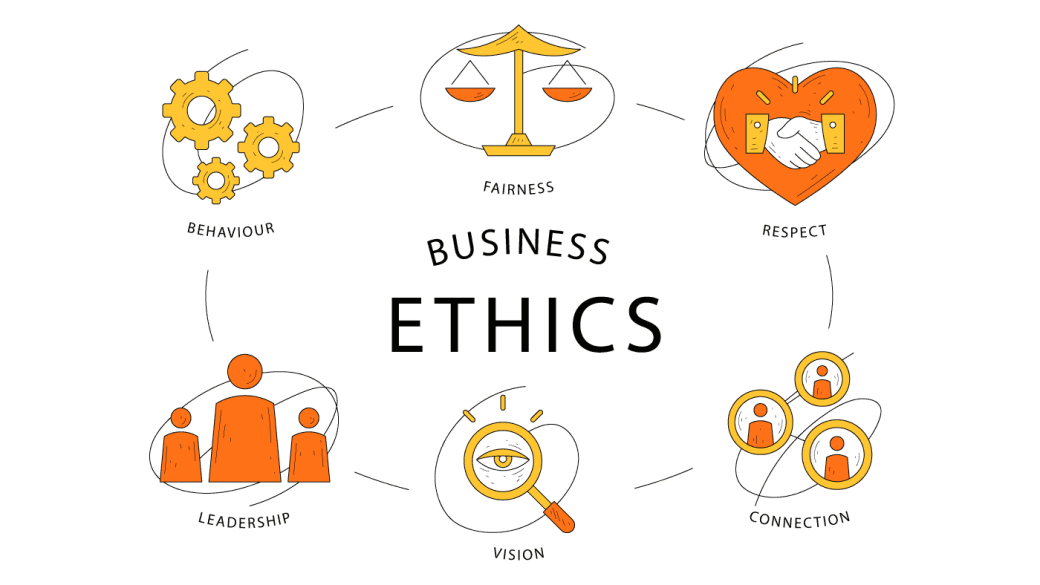

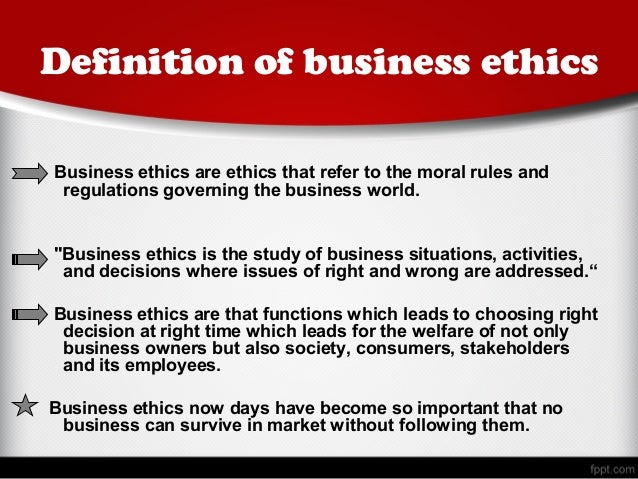
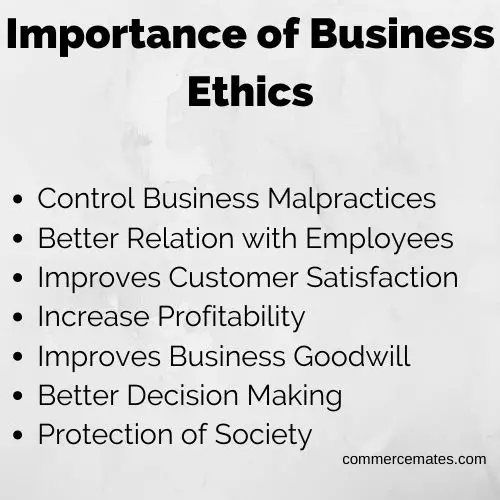
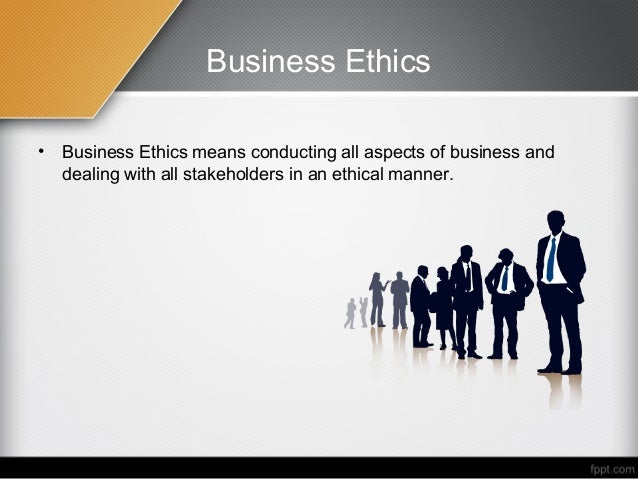



:max_bytes(150000):strip_icc()/business-ethics_final-78b960a3df9a4f5b9b44b77e831323b2.jpg)
